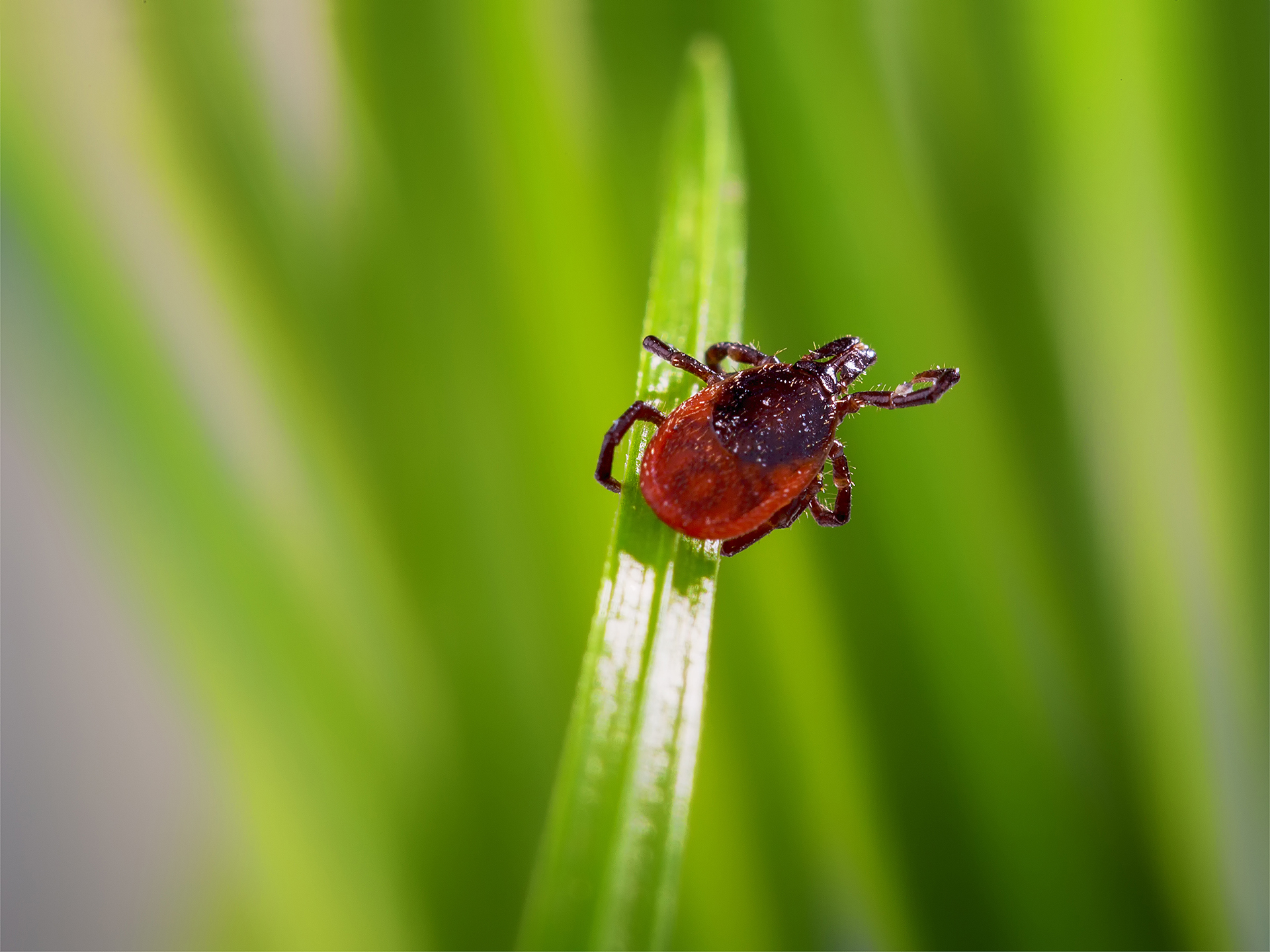Tips for Lyme Awareness Month

Memorial Day weekend is just weeks away and while we prepare for summer, it’s also time to prepare for ticks and Lyme Disease Awareness Month! We’re sure you’re dying to get outdoors after spending the last year cooped up in your house, but scientists are predicting that it will be a bad year for ticks. Scientists use acorns to estimate the size of a year’s given tick population and an annual survey conducted by the Cary Institute of Ecosystem Studies in Millbrook, New York showed a large 2020 crop. Acorns are food for mice, which ticks love to feed on, so more acorns equals more mice equals more ticks.
If you’re still not concerned, nearly half of the 2,000 deer ticks collected in a recent scientific study were infected with Lyme diseases. Something even scarier, 13% carried the pathogen which causes life threatening babesiosis, 9% Anaplasmosis, 2% Borrelia miyamotoi and 1% Powassan encephalitis which took the life of a New York State man two years ago.
Studies show that 20–50% of the ticks on the East End are infected with Lyme disease and 70% of people diagnosed are bitten in their own yard. Brian Kelly, owner of East End Tick & Mosquito Control, put some tips together to help keep you and your family safe this season and to help limit the risk of contracting a tick-related illness.
1) Have your property sprayed for ticks monthly between the months of April through November to control ticks on your property.
2) Tick encounters are happening just about everywhere! Always use a repellent when going outdoors and ALWAYS check yourself afterwards. Pro tip: Have someone else check your back and areas you can’t see!
3) Teach your kids about the dangers of going into the woods and uncharted territory. Get them into the routine of checking themselves after being outdoors and ALWAYS check them yourselves.
4) The Tick Borne Disease Resource Center at Southampton Hospital offers free tick removal kits. Pick one up, learn how to properly remove a tick and keep it handy at all times.
5) Perform tick checks twice a day, once at night and then again the following morning.
6) Tuck your pants into your socks and spray both your skin and clothing with repellent before going outdoors.
7) When coming in from the outdoors, put your clothes in the dryer and on a high heat for at least 15 minutes.
In addition to the aforementioned tips, you can also help “de-tick” by putting a fence around your yard to help limit the amount of animals (like deer) that roam onto your property. Keep your grass cut short and don’t over-water your plants and shrubs. Ticks are attracted to long grass and cool, damp areas.
Haven’t done your spring clean-up yet? Eliminate tick habitats by raking and removing leaves that have blown into your yard edges and under shady vegetation. Keep your pets confined to your landscaped lawn and never allow them to enter the woods. Use a tick repellent such as Frontline on your furry friends, and if you travel with your pet, make sure you check them VERY carefully afterwards. You also may want to avoid sleeping with your dogs or cats when ticks are active.
Visit tickcontrol.com to learn more.



